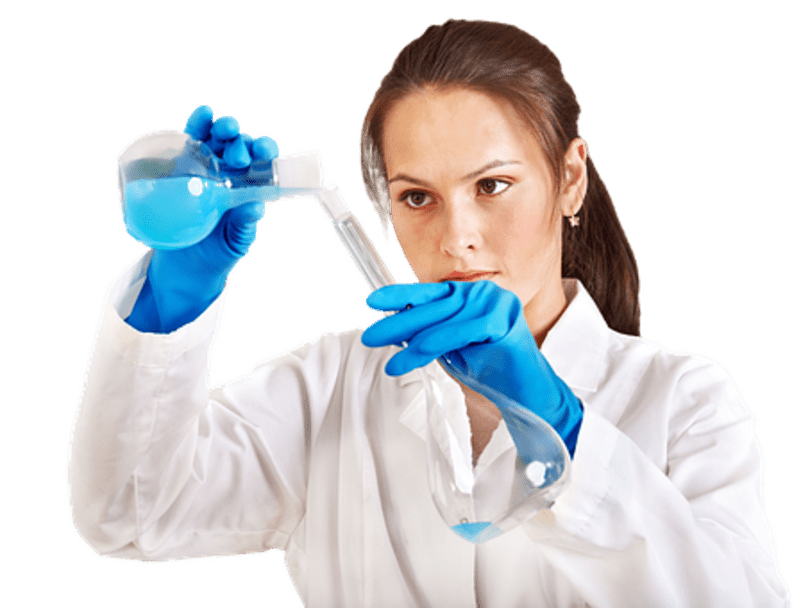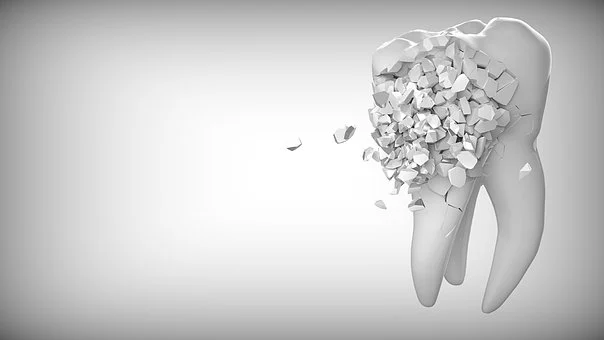“Can I become a dental scientist? ” – Before even we attempt to answer this question, the biggest dilemma is whom to address this question to – a dentist or a biologist? The quick answer would be – ” Obviously a dentist”!
Do you agree or disagree? What would be your answer?
Well, let me break the ice today! I will attempt to clear the clouds of common misconceptions prevailing in the minds of most of the dentists and the biologists when it comes to dental research or oral healthcare research.
Here are the 6 Steps to follow to become a dental scientist! Is this exciting for you? Do comment your thoughts too!
1. Demarcate to specify your thoughts
Ask yourself the following:
a) If you are a biologist: Are you someone interested in health and disease and a career with research?
b) If you are a dentist: Do you definitely want to do dental research as a major part of a medical career?
2. Explore Probable Research Areas
The oral cavity is unique in its microbiology, connective tissue structures, and host responses. Moreover, oral diseases present unsolved scientific challenges and novel biological phenomena.

Some examples of oral healthcare research areas could be:
- Oral host defense mechanisms in periodontal disease
- Salivary gland development
- Genetic mouse models of inherited human oral pathologies to determine molecular mechanisms of disease
- Bone mechanobiology and tissue regeneration
- Protein-mineral interactions and their role in the function of hard tissues
- Molecular and cellular aspects of oral cancer to develop novel therapeutic opportunities
- Mechanisms of tumor suppression
- Biomaterials and nanotechnology…..and the list is long!
3. Educate Yourself To Enhance Knowledge
Take up short term courses to enhance your knowledge in the core areas such as biochemistry, biophysics, physiology, anatomy, microbiology, oral immunology, structure and function of the genome, mechanisms of cell communication, etc.
Check out about our Fellowship Program which will serve to bridge your existing knowledge gap by providing a basic overview of core areas of biology and dental medicine implementing a practical and an interdisciplinary approach.
4. Take Up Short Projects
Engage yourself in research right from the college days. Find and enrol in short-term research training opportunities like summer research internships, fellowships etc. that are available for students interested in careers in clinical research.
5. Choose Your Next Higher Degree
Select a Master degree course or a PhD course (as per your present career status) which address critical issues relating to oral biology and medicine. Evaluate and compare these courses to check whether they educate students to apply the most sophisticated basic science approaches to oral health issues and clinical translational research. There are several such courses available at the national and the international levels.
If you are starting as PhD graduate, find out postdoctoral opportunities which combine clinical care and research.
6. Select Your Preferred Role As A Dental Scientist
A Career as a Dentist Scientist will entail you with responsibilities to conduct research on biomedical mechanisms, diagnosis and therapy, population and outcome medicine, health policy or health services etc.
You can also prefer to work at academic health centers, hospitals, diagnostic laboratories, or biotech or pharmaceutical industry
Hope this blog helps you to gear up your aspirations to become a dental scientist! Waiting for your valuable reactions and comments to learn more.

Click the link to register: https://forms.gle/HrsLSwEH91JZuBH77



